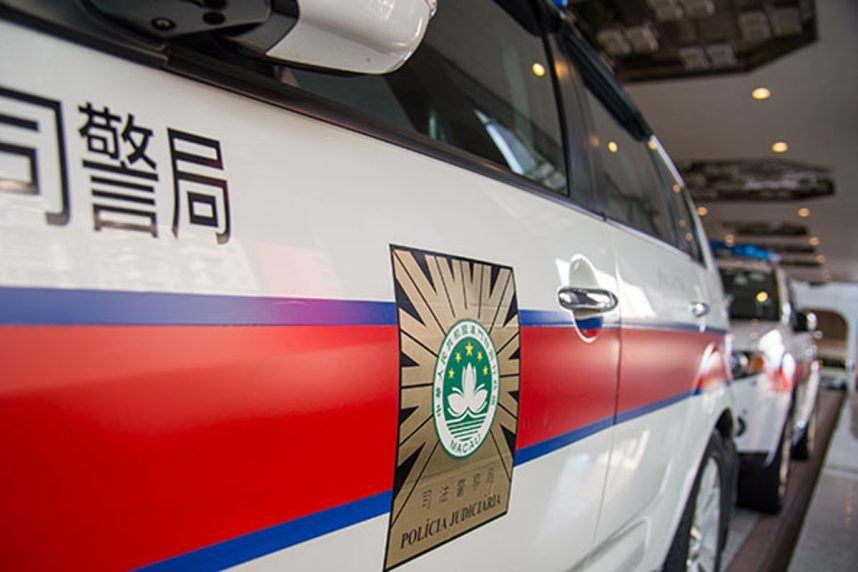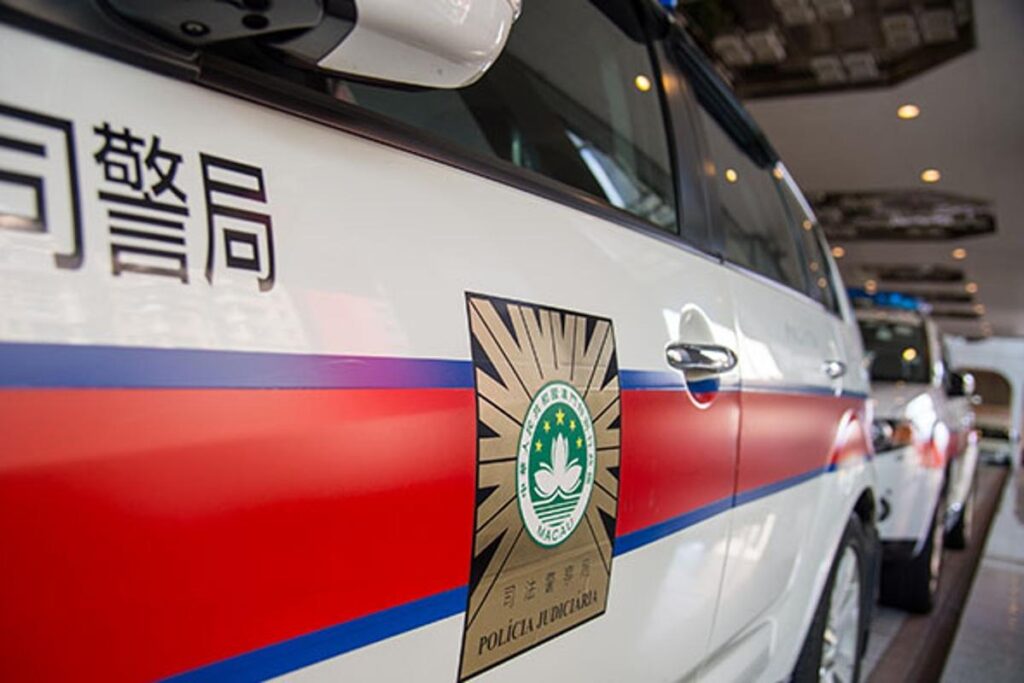Posted on: October 29, 2024, 12:08h.
Last updated on: October 28, 2024, 12:13h.
The Chinese Special Administrative Region (SAR) of Macau has strengthened rules geared towards combatting illegal gambling in the casino enclave.

Earlier this month, lawmakers in the Macau Legislative Assembly passed the Law to Combat Crimes of Illegal Gambling. Assembly President Kou Hoi In and Chief Executive Ho Iat Seng subsequently signed the statute.
The illegal gambling measure officially became law today, Tuesday, Oct. 29, after the bill was published on Monday in the Macau Official Gazette, the city’s primary source of newly enacted laws.
The law specifically prohibits anyone inside the SAR from gambling online and increases penalties for those found guilty of participating in illegal gambling with a prison sentence of up to six months. Anyone found guilty of running an illegal gambling operation now faces up to eight years in prison.
The illegal gambling decree additionally bars someone from providing a loan to a gambler on the premises that they’ll share in any winnings. Violators face up to five years in prison. Also, the new law prohibits people in Macau from playing the Hong Kong Lottery and its popular Mark Six game.
Currency Exchanges Targeted
Among the bill’s more consequential aspects are the banning of “under the table” bets and the criminalization of unlicensed money exchanges.
Under-the-table bets, or side bets, refer to the practice of high rollers multiplying the size of their on-table bets against an outside “house,” typically a junket. Side bets were estimated to have cost the Macau government over $1 billion between 2013 and 2021, the latter being when local law enforcement began cracking down on junket operators and city lawmakers began drafting the illegal gambling bill.
Most consequential to the six casino licensees is that Macau is targeting illicit money exchange gangs that have facilitated the unlawful transfers of cash from the mainland into Macau.
China forbids mainlanders from entering Macau with more than the equivalent of $5,000 in cash. To circumvent the law, many high rollers and premium mass gamblers have long sent electronic payments to money exchange gangs based in Macau that provide the customer’s funds, minus a substantial service fee, of course, to them once they arrive in Macau.
Anyone who, without being legally authorized, exploits the currency exchange business for gambling purposes shall be punished with a prison sentence of up to five years,” the statute states.
Macau’s Judiciary Police continues to ramp up its monitoring of the movement of money within the region. Last week, the law enforcement agency handed over 42 mainland residents to police in China. The suspects were alleged to have been participating in an unlicensed currency exchange business.
New Regulatory Environment
With the Chinese and Macau governments seemingly focused on limiting high rollers’ ability to move large sums of cash from the mainland to the casino hub where the individual tax rate is considerably less, the multibillion-dollar casino resorts are refocusing their attention to the mass and premium mass gambling demographics.
The casinos continue to invest heavily in non-gaming attractions to keep their tens of thousands of resort hotel rooms occupied and many resort amenities bustling. Through three quarters of 2024, gross gaming revenue was up 31% from 2023 but remained 23% below pre-pandemic 2019 levels.




